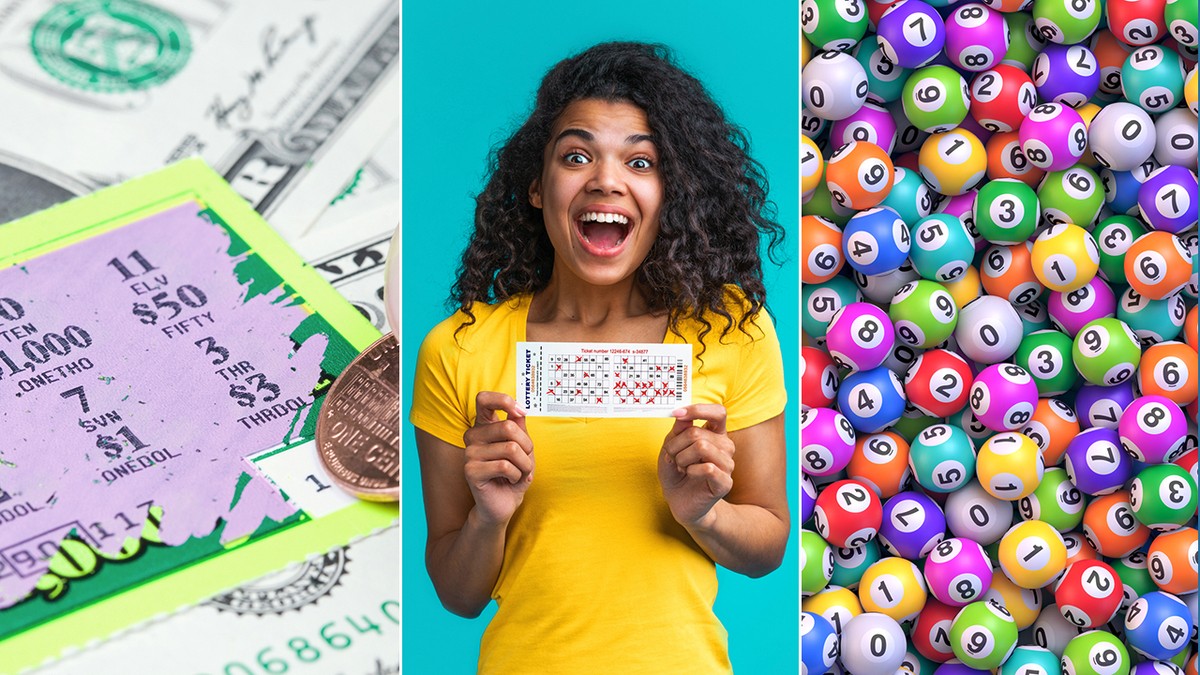The lottery has fascinated and intrigued people for centuries. From ancient rituals to modern multimillion-dollar jackpots, the lottery represents a compelling blend of chance, hope, and societal dynamics situs toto macau. Its allure lies not just in the tantalizing possibility of sudden wealth but also in its role as a cultural and economic phenomenon that touches lives in diverse ways.
Historical Roots and Evolution
The origins of lotteries can be traced back to ancient civilizations. The Chinese, during the Han Dynasty (205–187 BC), utilized a form of lottery known as “Keno,” which was used to fund government projects. Ancient Romans, too, indulged in lottery-like games, using them for entertainment and civic funding.
The modern concept of the lottery as we know it began to take shape in the late 15th century in Europe. In 1466, the city of Bruges in Belgium held a lottery to raise funds for the poor. These early lotteries were often used to support charitable causes, such as building infrastructure or funding public projects.
The Lottery as a Social and Economic Tool
Today’s lotteries serve multiple purposes, blending entertainment with significant social functions. Most lotteries are operated by government entities or licensed organizations and are structured to benefit the public. The revenue generated from lottery ticket sales often funds education, public health initiatives, and community programs.
In the United States, the lottery’s role in funding education is especially prominent. States like California and New York use lottery proceeds to support public schools and universities. Similarly, the UK’s National Lottery contributes to various sectors, including arts, heritage, and sports.
The Psychology of Winning
The psychology behind playing the lottery is a fascinating aspect of human behavior. The allure of instant wealth and the dream of a better life motivate millions to purchase tickets, despite the odds of winning being exceedingly slim. The excitement of the “what if” scenario keeps people coming back, often more as a form of entertainment rather than a serious financial strategy.
Lottery enthusiasts often engage in ritualistic behaviors, such as choosing specific numbers or participating in group plays, hoping to increase their chances of winning. These rituals reflect a broader human tendency to seek control in the face of uncertainty.
The Odds and Realities of Winning
The odds of winning a major lottery jackpot are astronomically low. For instance, the odds of winning the Powerball jackpot are approximately 1 in 292 million. Despite these daunting statistics, the lottery’s appeal endures.
When people do win, the outcomes are often life-changing. However, sudden wealth can bring its own set of challenges. Stories of lottery winners who have faced financial ruin, strained relationships, and personal struggles highlight the complexities of managing newfound wealth. Many winners find that money does not automatically solve all problems, and in some cases, it can create new ones.
Ethical and Social Considerations
The lottery’s ethical implications are often debated. Critics argue that lotteries are a regressive form of taxation, disproportionately affecting lower-income individuals who spend a larger percentage of their income on tickets. Proponents counter that lotteries provide a voluntary means of raising funds for public goods and services, with the potential for positive social impact.
Moreover, the accessibility of lotteries raises questions about gambling addiction and its consequences. While lotteries are legal and regulated, the risk of addiction and the associated harm require careful management and support for those affected.
